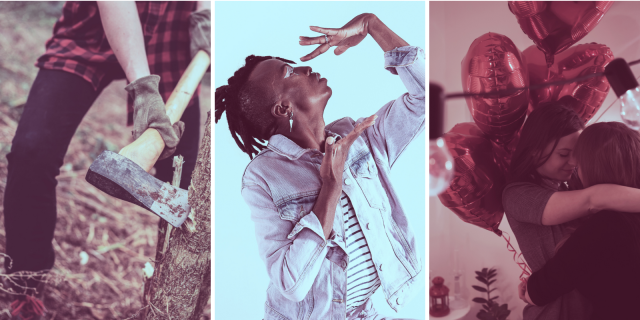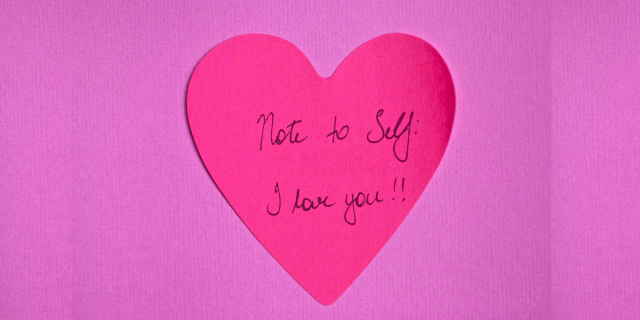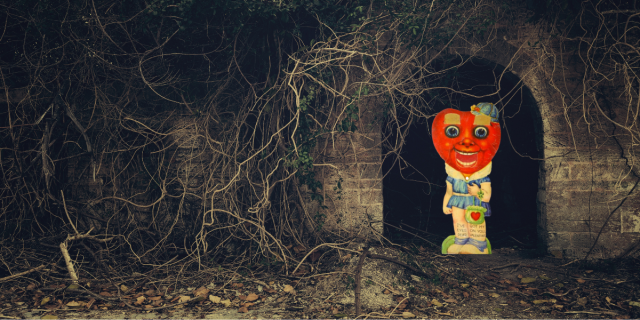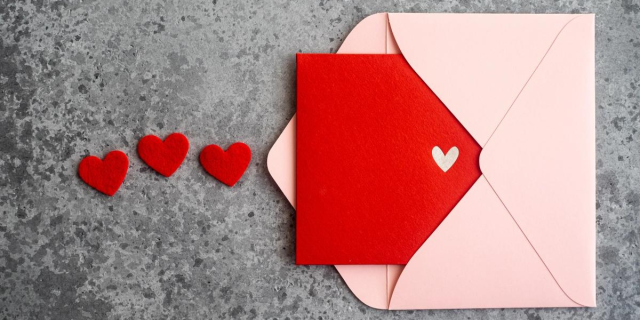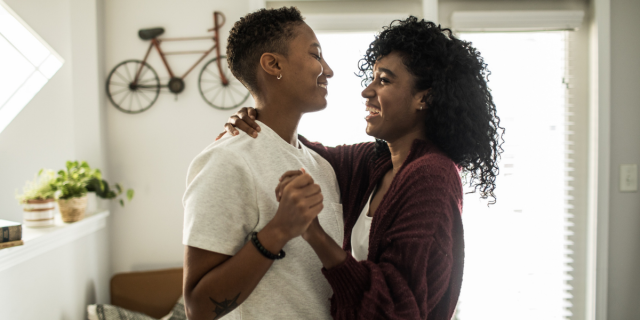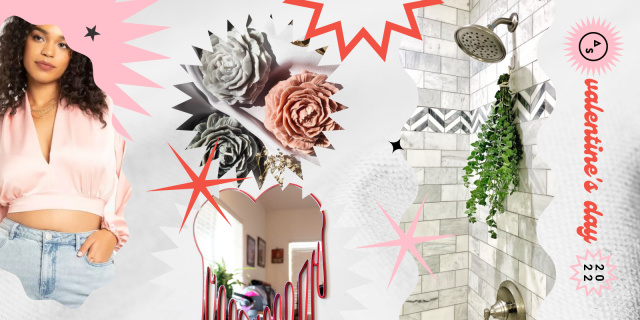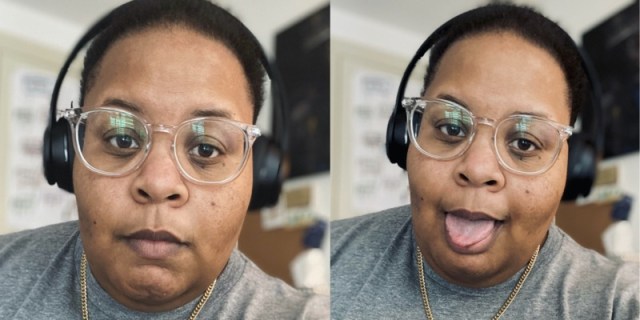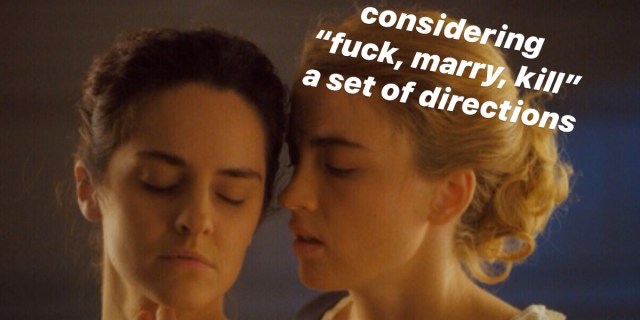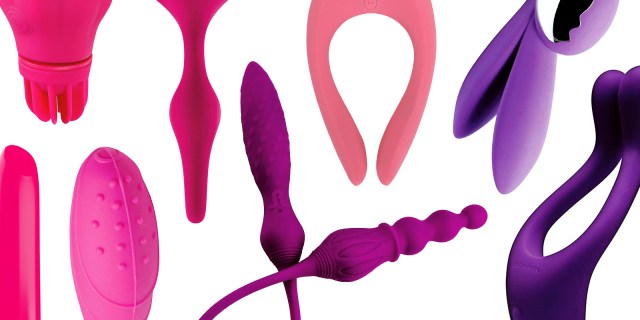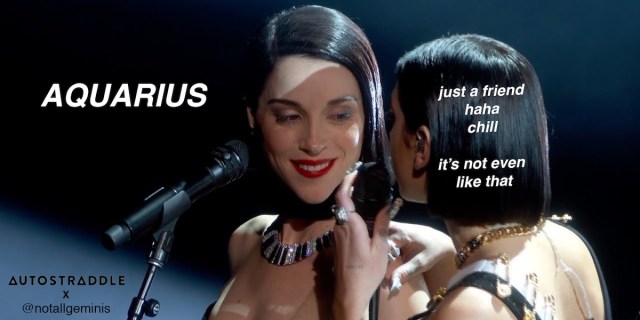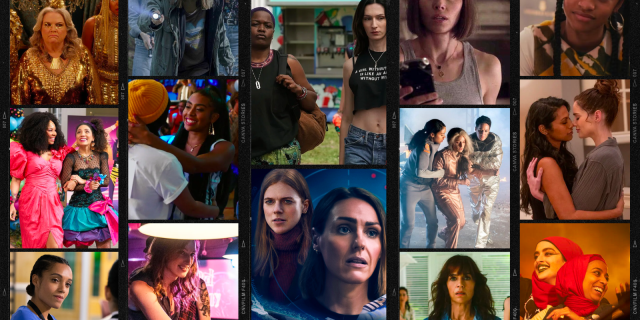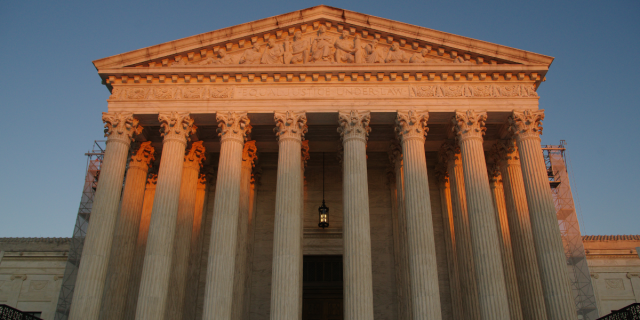The Latest
News
Jan 28, 2026
Celebrities (vapid Fluff)
Jan 28, 2026
Life
Jan 27, 2026
First Person
Jan 27, 2026
News
Jan 26, 2026
Latest Issue: Autostraddle Insider #01
Straddleverse
This season's hottest holiday gift — for yourself or the best queers you know — is queer media you can hold…
AF+
First Person

Enjoy our content in print form – delivered quarterly to All-Access Members!*
*on quarterly + annual subscriptions
LEARN MORE
Book Lists
Into the AF+ Advice Box
Need Advice? Talk Queer to Us
Have a dream you want interpreted or a question for the tarot?
Quizzes
Become a Member
Support queer journalism
What You Get:
Become a Member
Support queer journalism




















